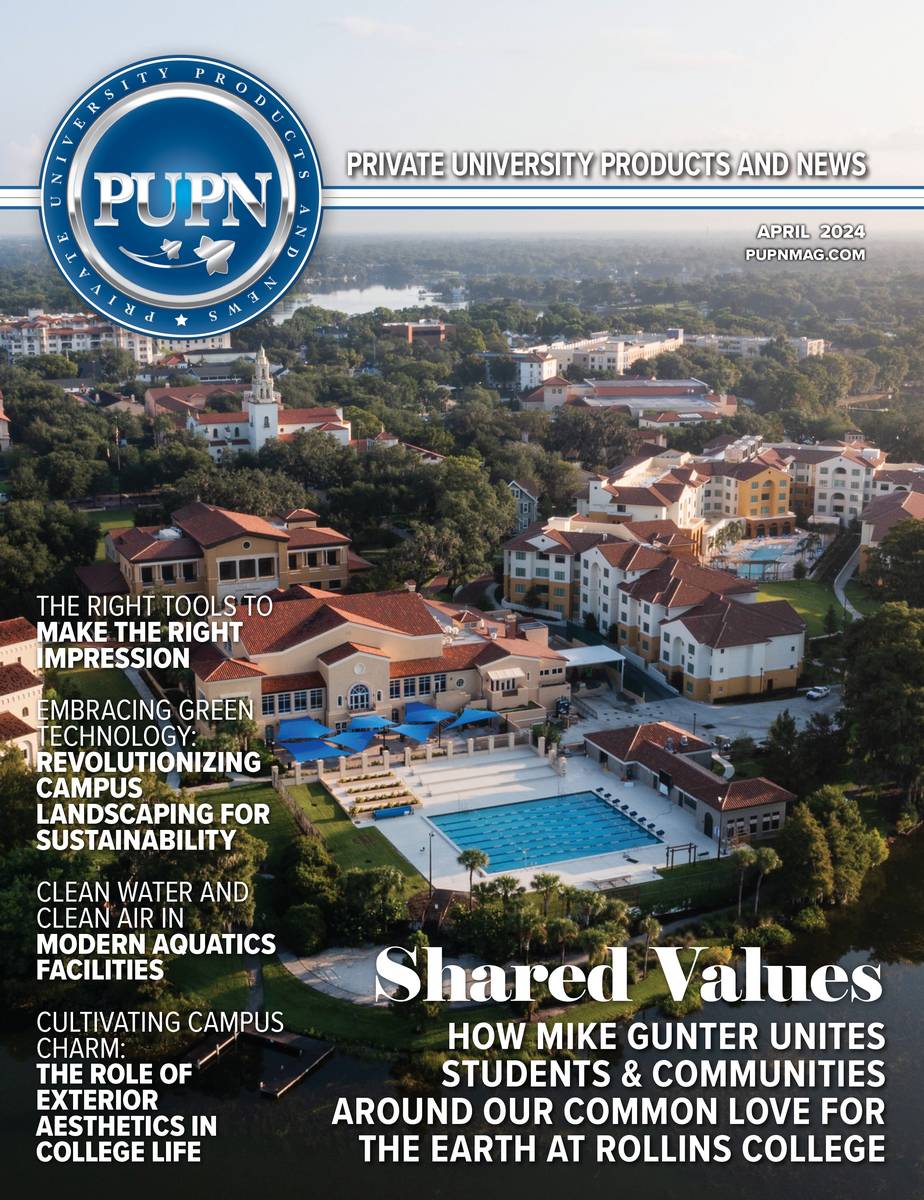Over the past six years, BU’s dining services has worked diligently to serve over six million meals annually in the most environmentally responsible manner.
An Impressive and Diverse Dining Program
The residential dining program at Boston University encompasses three all-you-care-to-eat dining rooms and a kosher dining room. The residence dining rooms are spread across campus so that no matter where you live, study, take classes or relax, you’re never far from a delicious and wholesome meal. Each dining room has a unique design and feel and a diverse menu to compliment the variety of spaces and equipment.
The Fresh Food Company at West Campus has an organic feel with a focus on customized, cooked-to-order dishes. Warren Towers in central campus offers a six-foot Mongolian grill and a Wok cooking station. Marciano Commons, the newest dining room on campus, features a fresh pasta machine imported from Italy.
The centerpiece of retail dining on campus is the Union Court. It is located in the George Sherman Student Union and includes eleven dining outlets. Located next to Mugar Library, the GSU is a favorite destination for BU students. The newest concept in the Union Court is called “Takin’ it to the Street” and features a rotating menu inspired by global street foods. Across campus, the retail environment ranges from national brands such as Starbucks, Dunkin Donuts, Subway, Raising Cane’s Chicken Fingers to local and proprietary brands like Basho Sushi, Charles River Bread Company, Rize Bakery and Café, and Late Night Kitchen, a full-service restaurant.
All Campus Dining Programs Now Green Restaurant Certified
It is the goal of Boston University to serve wholesome, delicious and affordable food to the entire BU community on a daily basis, throughout the year. As part of their extensive sustainability program, they strive to do this with the smallest environmental impact. Their sustainability program is part of a campus-wide effort to reduce the use of natural resources, operating costs, improve environmental and social impacts, and prepare this generation to lead society toward a more sustainable future.
In addition to operating the greenest food court in the country, they have received the Green Restaurant Association’s highest rating of 4 stars for three of their restaurants. The Fresh Food Company at Marciano Commons, Rize and The Late Night Kitchen are the highest rated university-operated restaurants in the country. Recently they certified the remainder of their dining halls, making all the main dining halls on campus Green Restaurant Certified, in addition to the Law School Café and Union Food Court.
These certifications have helped to exhibit and communicate their commitment to sustainability, covering diverse areas of their operation from green cleaning to food sourcing to chemical and pollution reduction.
The certification has also served as the impetus on campus for collaboration between departments, namely Facilities Management and Planning and Dining Services, in order to meet the standards set forth by the Green Restaurant Association. An example of collaborative success was creating a standard for efficient restrooms on campus, with low-flow automatic faucets, ultra high efficient toilets and urinals and hand dryers.
A Comprehensive Waste Reduction and Diversion Program
Another major component of Boston University’s dining sustainability program is their comprehensive waste reduction and diversion program that includes pre and post-consumer composting at most locations on campus, recycling, compostable tableware that is diverted to compost, bulk condiments, a culinary food waste monitoring program used in kitchens, tray-less dining as well as an outreach program to address post-consumer food waste in the all-you-can-eat dining halls. Several initiatives address the root of waste with source reduction.
A reusable mug discount is given at all locations on campus that sell hot beverages, and a reusable to- go container program is also incentivized with a discount at the Union Food Court. Bulk condiments help decrease packaging, as do the reusable totes that several vendors deliver in on a daily basis. Also, by going tray-less, the dining services has reduced their food waste by about a third and also decreased water and detergent use.
Waste diversion on campus is exhibited through post-consumer composting at several retail locations and all residential dining and is coupled with the use of compostable tableware and in the largest operations, the option of reusable tableware. Additionally, all staffed catered events are zero waste by default. As a result, trash bins are replaced by tray stands, which serve to collect all waste, and trained wait staff then collect waste and sort it in the back of house between compost and recycling. Virtually no trash is generated during an event, apart from some miscellaneous items such as plastic wrap and other soft plastics, which currently cannot be recycled. During commencement each year, all events are zero waste, ranging from five to 5,000 guests; over the course of the weekend, over 30 tons of waste are diverted to recycling and compost.
Defining Sustainable Food
Boston University, along with about 720 other institutions across the country, tracks and reports their food and beverage purchasing data on an annual basis. They are evaluated based on what percentage is locally-grown and community based, as well as third-party certified such as organic or fair trade, among other measured metrics related to the carbon footprint of food and food service.
By the end of the university’s 2015 fiscal year, BU had surpassed its goal of 20% sustainable food, three years ahead of schedule. They were able to accomplish this goal by working closely with Aramark supply chain, to source both local foods and third-party certified foods such as fair trade tomatoes from Florida and American Humane Certified turkey.
Over the past year, BU has switched all of their ground beef, hamburgers and hot dogs served in residential dining to grass-fed, Maine-raised beef, as well as purchasing Certified Humane whole chicken from Murray’s Chicken and organic, Vermont-made tofu. Most of their dairy products come from New England dairy farms through cooperatives such as Cabot Creamery. For several years, BU has been purchasing cage-free, American Humane Certified eggs, for both shelled and liquid eggs, a move that was made in collaboration with the BU Vegetarian Society and Humane League.
In order to use as much local and seasonal produce as possible, BU works with its vendors on a weekly basis to determine availability, and also has begun to purchase from the Franklin County Processing Center, a non-profit in Western Massachusetts which purchases fruits and vegetables from local farmers and processes and freezes it, which allows for it to be used outside of the short growing season, when the only other option is to purchase produce from far away. Regional organizations such as FINE and Mass Farm to School have been instrumental in assisting BU with regional networking and outreach programs to further their local procurement.
As part of their outreach program, BU also hosts a weekly farmers market in the fall, which has its own CSA (community supported agriculture), in partnership with Ward’s Berry Farm. Their chefs also host cooking classes throughout the year, both vegetarian and using ingredients from the CSA.
Setting an Example
BU Dining Services sees eating well as an essential part of campus life, one that enriches a student’s experience, their interactions with the rest of the university community, and provides a firm foundation for a healthy and balanced food lifestyle. Focused on the wellbeing of their students as well as the health of our planet, BU sets a powerful example for what can be accomplished through campus sustainability efforts.
Simultaneously, their students are being actively encouraged to make smarter choices about their food and to develop attitudes about sustainable practices that will make them good citizens and stewards of the environment. Through their sustainability program, Boston University Dining Services makes the smallest environmental footprint possible, while also empowering students to make informed choices about their food, both during their time on campus and beyond.










